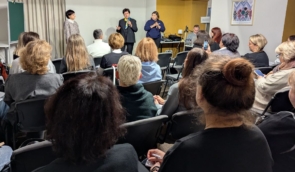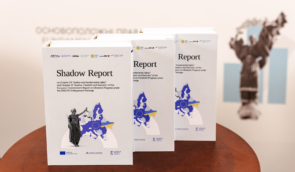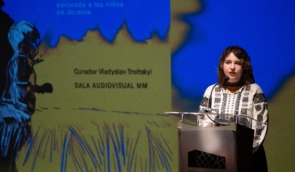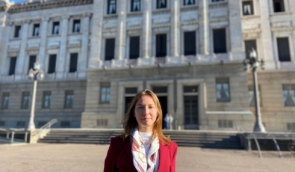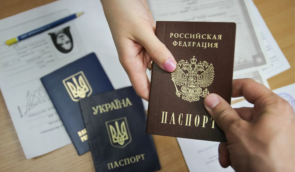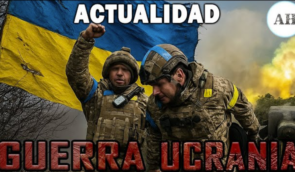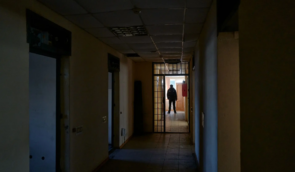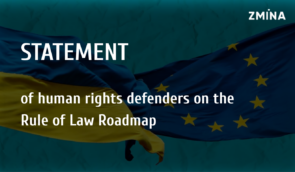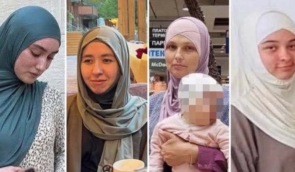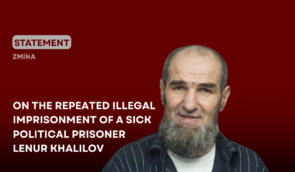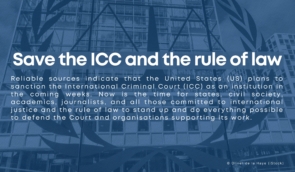How can Ukraine solve the problem of documents from the TOT? Human rights defenders share their vision with international partners
On 5 February 2025, a closed presentation was held in Kyiv for international partners to discuss the priority steps of the state aimed at supporting war victims in 2025.

During the event, experts from the Coalition of organisations dealing with the protection of the rights of victims of armed aggression against Ukraine presented an analytical note: “What are the possible approaches regarding documents issued under the occupation?”, in which human rights defenders outlined the list of documents issued by the occupation authorities that can be taken into account by the state authorities of Ukraine in a defined manner.
The document is aimed at minimising the negative effects of the occupation on Ukrainians who continue to live in the temporarily occupied territories (TOT).
During the presentation, the experts presented the key categories of such documents, including those that are critical for the exercise of citizens’ rights. The participants discussed the challenges faced by TOT residents due to the lack of recognition of documents issued by the occupation administrations. The participants also provided recommendations on possible ways to take these documents into account in the Ukrainian legal field.
The event became an important step towards developing the state’s policy towards citizens who found themselves in difficult conditions due to the temporary occupation of part of Ukraine’s territory.
Determining the mechanism for using information from documents issued in the occupation is one of the recommendations listed in the list of 13 priority steps to protect human rights in the context of armed aggression against Ukraine in 2025.
You can find the text of the analytical note “What are the possible approaches regarding documents issued under the occupation?” in Ukrainian and English.
This material was produced with the support of UK International Development from the UK Government; the views expressed do not necessarily reflect the official position of the UK Government.
If you have found a spelling error, please, notify us by selecting that text and pressing Ctrl+Enter.


